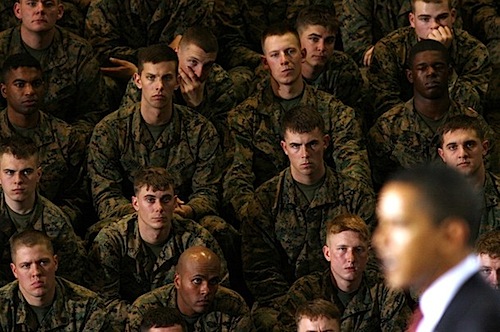An article in the Herald gives a clue in favour of what I suspected: that there might be more to the assault by an Avondale College student on teacher David Warren than meets the eye. A few bullet-points below:
- Warren was a Japanese-language teacher with a brusque and sometimes offensive manner, who allegedly joked about the Republic of Korea. His attacker
was new to NZ and likely unfamiliar with our wayshad apparently been here for two years and at Avondale College all of 2008. - Korean students (and I’ve taught hundreds) are quite strongly inculcated to respect and admire teachers. It’s part of their Confucian socialisation. I simply can’t imagine one attacking a teacher, or even speaking rudely to a teacher they don’t know very well indeed, much less while in a foreign country.
- Probably the only thing stronger than this is the Korean sense of national pride. If the two things came into conflict, it would have to be a grave insult indeed to result in this sort of response.
- Koreans have an abiding hatred of the Japanese, founded (among other things) on the crushing occupation they suffered through the first half of the 20th Century and not helped by a) pervasive anti-Japanese propaganda at home and b) continual denial by the Japanese of any imperial wrongdoing (not unlike their attitude to China and elsewhere).
- If a joke was made in the context of the Japanese language, which Koreans were forced to adopt, learn, and use, even to the point of taking Japanese names (not unlike how MÄori was here, though more brutal) about Korea, then I can certainly see it being grave enough.
- Students are speaking anonymously about the case for fear of expulsion – WTF? Why does the school get to impose this sort of constraint?
- Avondale College Principal Brent Lewis claims to know nothing of the sort, contradicted by his own staff and pupils. I detect arse-covering.
- I can’t find any reference to the incident on Korean English-language news sources, but if there emerges a sniff that this may be a matter of national identity, it could turn into a Big Freaking Deal. Especially with Lee Myung-bak here to gladhand and the chance of a Free Trade Agreement being floated. Talk about bad timing. Update: exexpat notes below that Korean-language media have picked it up, with the nationalism line intact.
None of this is to excuse the student’s attack, of course. But it doesn’t look like a random bit o’ violence to me.
Update: The attacker has been named, and a bunch of the details seem to be disputed, see here. I’ve amended the post to remove details which seem to be incorrect.
Disclaimer: Can I be completely explicit for people who are too suspicious to believe or too stupid to read the statement above (which I almost didn’t put in because I thought it was bleeding obvious): I am not trying to blame Warren or defend Chung – I am trying to consider the dynamic in play here. If you attempt to call this into question or engage in any such behaviour yourself, expect to be soundly ridiculed. You might note I’ve tagged this post hate crimes.
L






